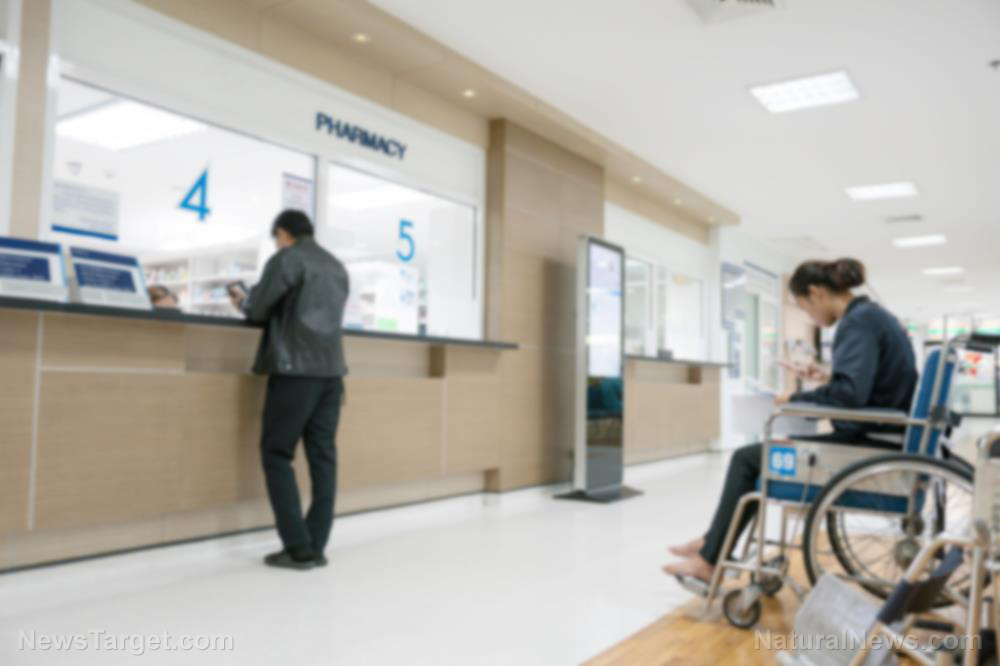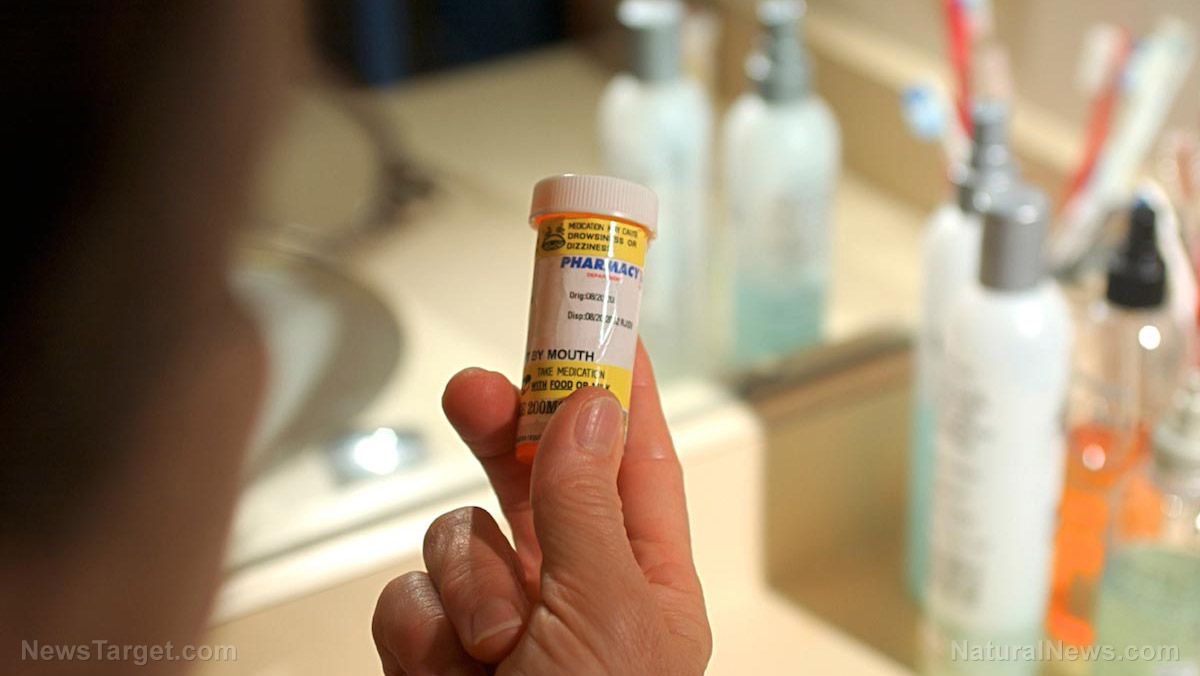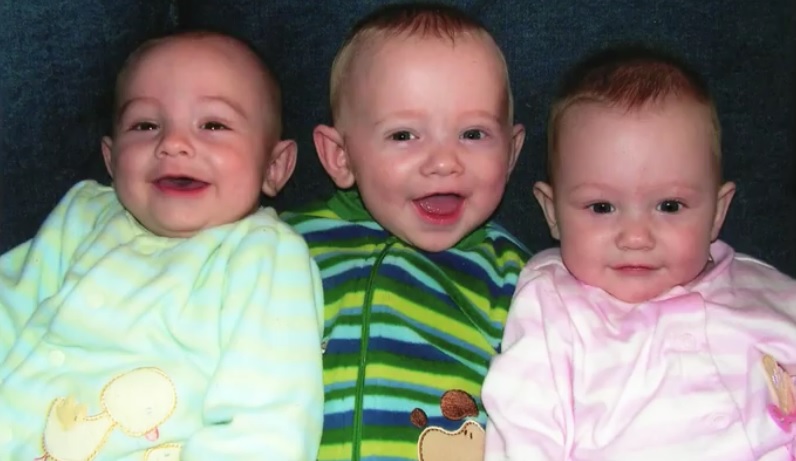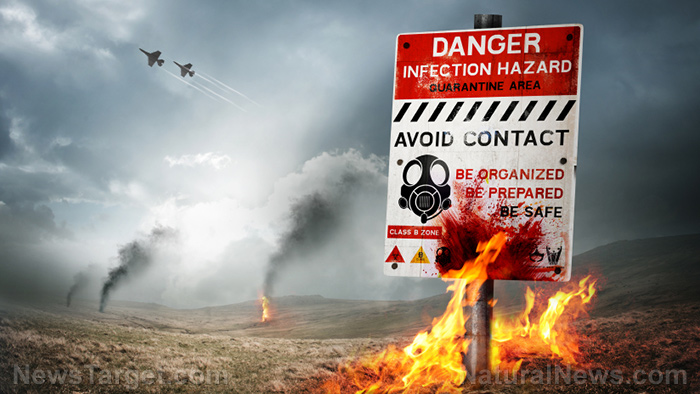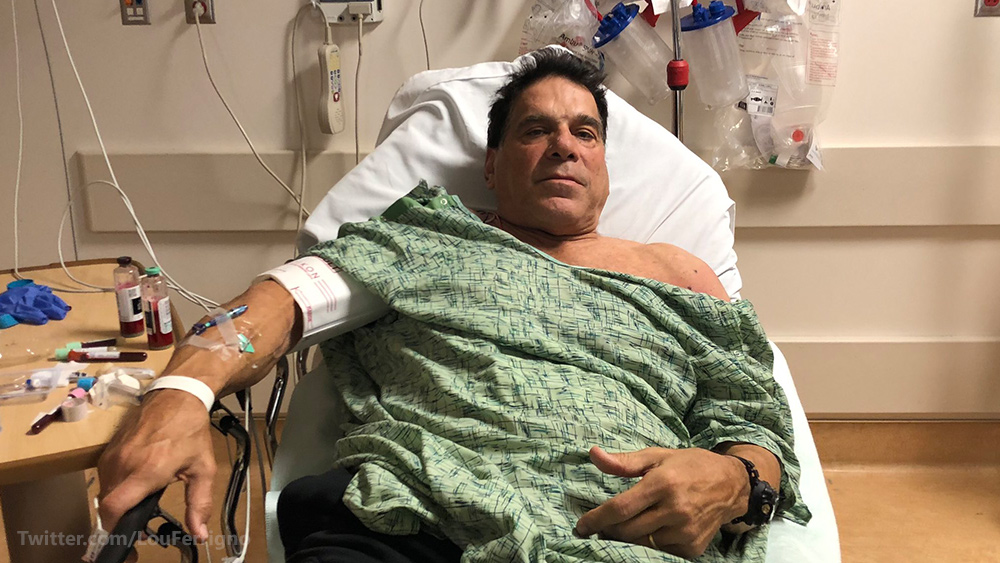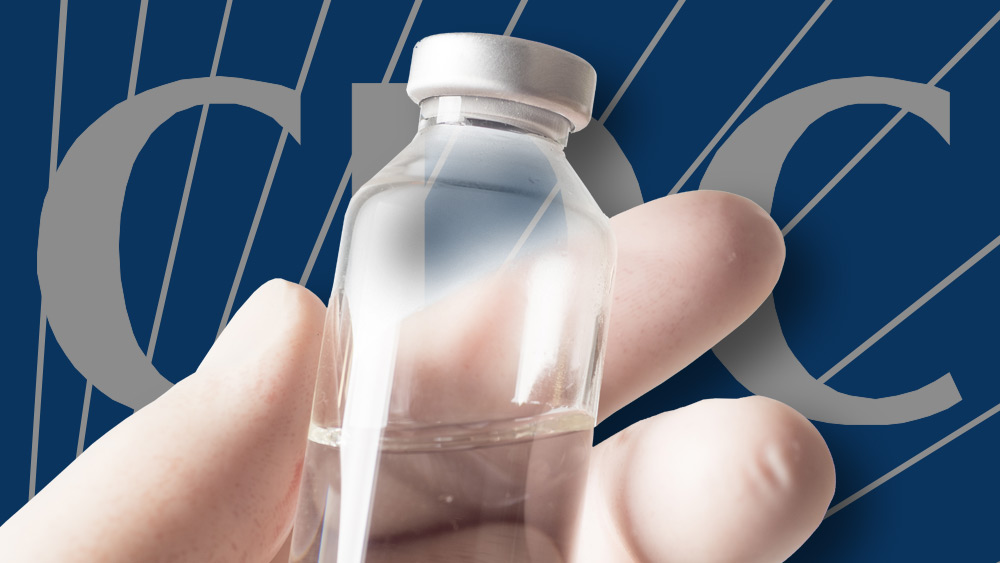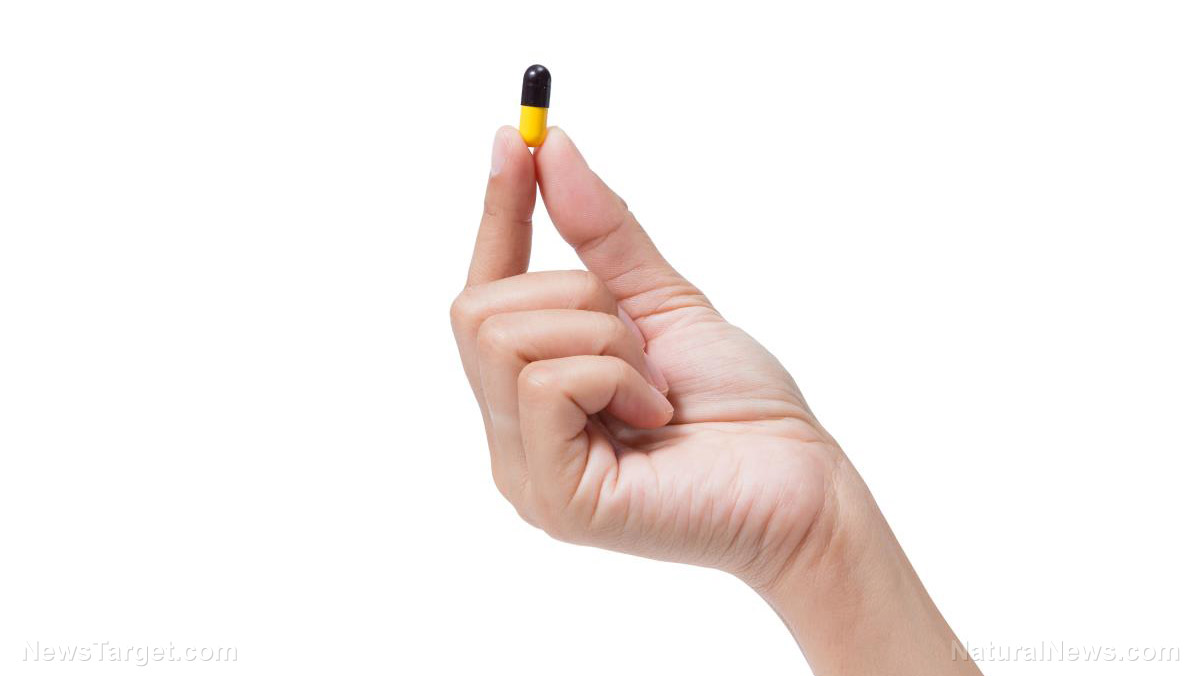U.S. hospitals overrun by babies dependent on opioids
10/02/2018 / By Tracey Watson
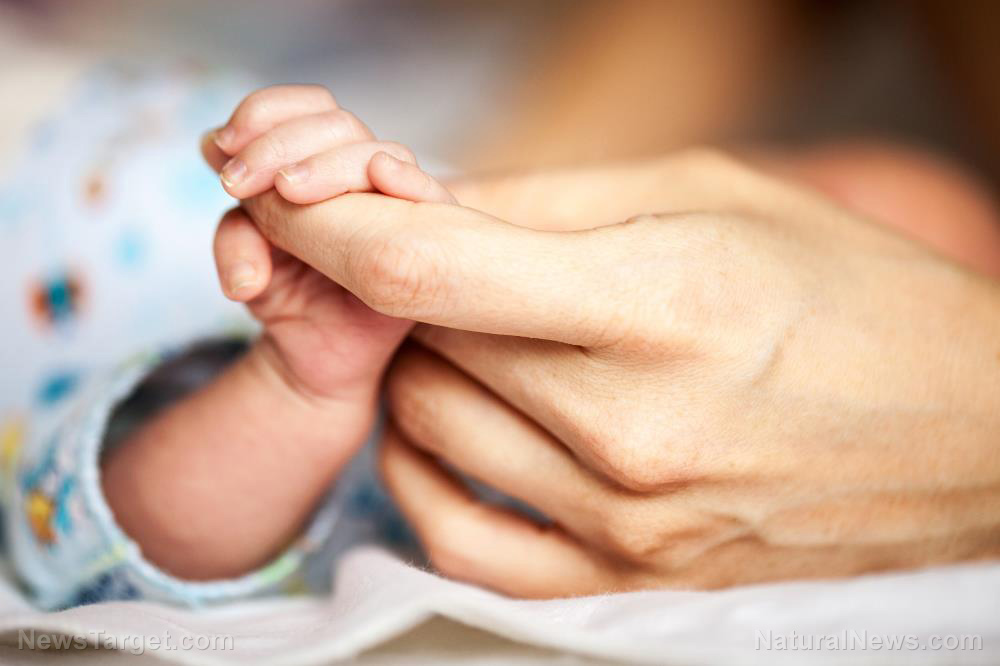
Opioids are a class of strong prescription painkillers which are incredibly addictive. Initially prescribed as a pain management tool for cancer sufferers, in the early 1990s drug giant Purdue Pharma started aggressively pitching them to doctors as an effective treatment for chronic pain. In just six years, prescriptions for Purdue’s star product – OxyContin – increased 10-fold, from 670,000 to six million a year. What Purdue covered up, however, was the incredibly addictive nature of these pharmaceuticals.
Even taken exactly as prescribed, a patient can become addicted to opioids within a few days. Taken in pill form, their pain and stress-relieving properties can be habit-forming, and when ground up and snorted or injected, they can produce an intense high.
Sadly, as the number of people addicted to opioids has skyrocketed, a new class of little addicts has emerged: tiny babies born dependent on opioids after being exposed to these drugs while in the womb.
A baby is born dependent on opioids every 15 minutes
Axios recently reported that a baby is now born dependent on opioid drugs every 15 minutes in the United States. At Mt. Washington Pediatric Hospital in Baltimore, one quarter of all admissions are for babies born with Neonatal Abstinence Syndrome (NAS) – a condition in which babies undergo withdrawals from drugs they were exposed to during pregnancy. NAS can cause breathing problems, seizures, high fevers, difficulty eating, trouble gaining weight, and other problems. (Related: Opioid abuse causing a terrifying spike in infant dependency, especially in rural areas.)
Doctors utilize a test called the Finnegan Scale to assign a score to each of these tiny victims based on their symptoms, with the total score determining how much morphine each baby will receive and how quickly they can be weaned off these drugs. As noted by Axios, while a newborn baby usually spends just two days in hospital and the total cost for its care runs around $3,500, the cost for a newborn with NAS is a staggering $66,000 and they spend an average of 17 days in the hospital.
The number of American babies born with NAS has increased more than 400 percent since 2004.
The U.K.’s Daily Mail reported in 2016:
The number of babies born addicted to drugs tripled in just 15 years, U.S. government data reveals.
In 1999, an average of 1.5 babies per 1,000 hospital births had to be immediately placed on a withdrawal program.
As of 2013, that figure had rocketed to six per 1,000 births, according to a new CDC report.
The staggering data offer a glimpse into the devastating scale of America’s opioid addiction crisis.
The link between opioids and street drugs
Opioids are often prescribed for chronic pain after vehicle accidents, birth-related pain, work accidents, etc. and patients quickly become addicted. Just one OxyContin tablet can cost as much as $80, so after a period of time, when addicts have to use many pills a day, they often switch to a more easily accessible and considerably cheaper opioid: heroin. (Related: Opioid prescription drug deaths dwarf shooting deaths, yet there’s no call to ban Big Pharma.)
A bag of heroin is cheaper than a pack of cigarettes; in many cities it costs just $5.
The dangerous combination of a huge increase in opioid prescriptions along with the low cost and availability of heroin has resulted in a record number of overdose deaths. More people now die from opioids than the number who died at the height of the AIDS crisis.
A year ago, President Trump declared the opioid crisis a national emergency, and vowed to throw the full weight of his administration behind efforts to fight it.
“The opioid crisis is an emergency, and I’m saying officially, right now, it is an emergency,” Trump said at the time. “It’s a national emergency. We’re going to spend a lot of time, a lot of effort and a lot of money on the opioid crisis.”
Let’s hope that his efforts pay off before this crisis spirals even further out of control.
Learn more about the fight at Opioids.news.
Sources include:
Tagged Under: addiction, babies, Big Pharma, child health, health crisis, Hospitals, NAS, Neonatal Abstinence Syndrome, opioid crisis, Opioids, sad story


